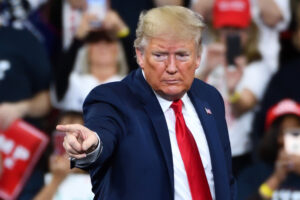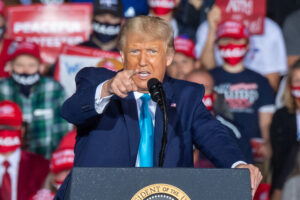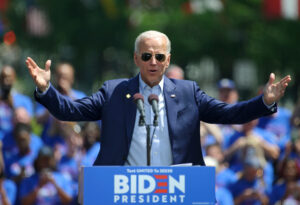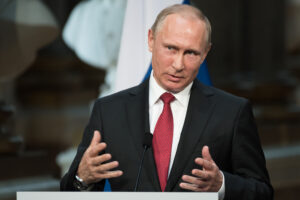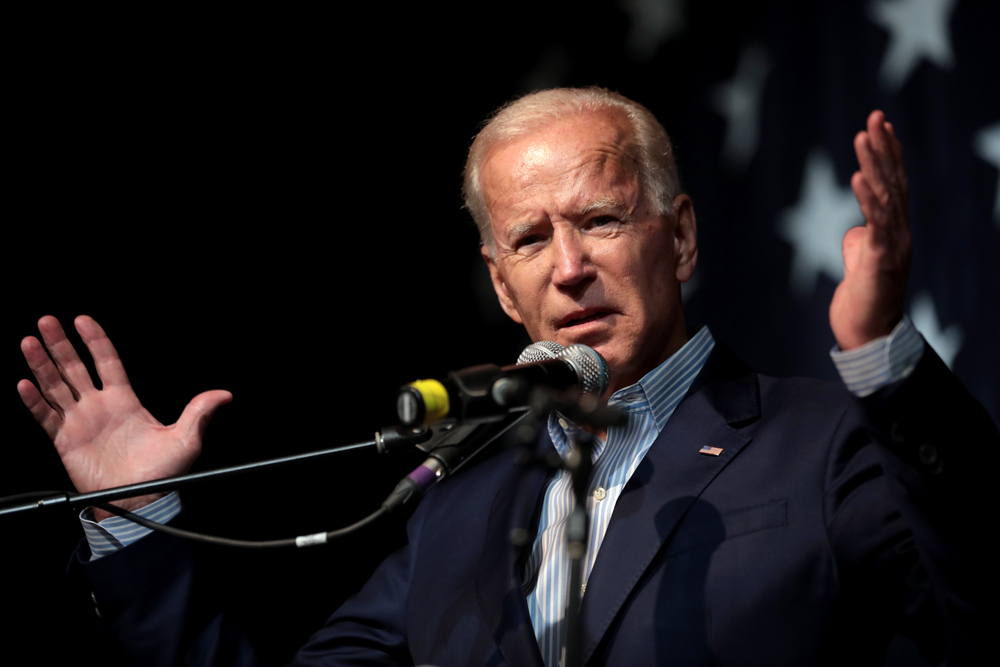
With less than a week remained until the Election Day in the U.S., Americans are still looking into at the two candidates trying to decide where to cast their vote. One of the decisive factors is how the two candidates would manage certain key issues the country is battling right now.
Right now, President Trump’s view on science is widely debated and his management on key science scientific issues has been questioned by many, no more so than by his opponent.
Whether we talk about the COVID-19 pandemic, global warming or NASA exploration, we’ve already witnessed how Donald Trump changed the development of these issues according to his widely debated beliefs.
But what about candidate Joe Biden? Although he has been involved in politics for decades, we can only assume how he will manage the unprecedented crisis caused by the pandemic or if he will support researchers as much as (or more than) our current President.
We gathered data and statements made by Mr. Biden during his election campaign and today we can have a look at how he might impact the COVID-19 pandemic in the U.S. if he takes over the White House.
COVID-19, a national emergency
If Joe Biden wins the 3 November Presidential Election, he will have to face and manage a series of seemingly countless issues brought by COVID-19. As we’re all well aware, the pandemic has caused more damage and chaos than any of the recent U.S. presidents have witnessed.
Data released by public-health agencies continues to prove the gravity of the situation: so far, there are more than 200,000 deaths recorded across the U.S., many hospitals are still overloaded and numbers continue to rise.
What’s worse, the American population is now divided between those who take all precaution measures and those who still don’t acknowledge the severity, or in some cases existence, of the disease.
Georges Benjamin, executive director of the American Public Health Association, thinks the root of this problem is the government’s initial response to the pandemic.
Some researchers’ opinions were overlooked and leading infectious disease experts such as Dr. Anthony Fauci state that their efforts in controlling the virus haven’t been supported properly.
The result? A nation of confused Americans who is are unsure whether to trust researchers or their current President who has said time and time again that the pandemic is not nearly as dangerous as it seems.
Most of Joe Biden’s campaign has been focusing on their plans to improve the national test-and-trace programs and rebuild pandemic-readiness programs that were cut by the Trump administration.
However, Kavita Patel, health policy advisor, agrees that it will take a good amount of time until government officials can gain control over the pandemic, whether Biden gets elected or not.

A crisis of public mistrust
If Trump loses the election, the Biden administration must manage a secondary crisis: the public mistrust in federal agencies.
As I was stating above, there is plenty of evidence suggesting that the Trump administration has repeatedly censored or ignored public health advice issued by the Centers for Disease Control and Prevention (CDC).
One of the most controversial statements regarding pandemic management is the one that the Food and Drug Administration (FDA) is deliberately slowing down vaccine testing.
According to the Biden campaign, his administration is planning to allow the CDC for transparent guidance regarding public safety measures during the COVID-19 pandemic. A secondary benefit of this plan would be restoring faith among scientists working for both the FDA and the CDC.
Patel points out that many of these researchers have felt that their voices were put to silence wrongfully silenced, which brought a sense of marginalization.

WHO and vaccine initiatives
The Trump administration has started to withdraw from the World Health Organization (WHO) back in July, claiming they were in league with China as one reason for the withdrawal. Candidate Joe Biden says he will put in maximum efforts to support the WHO again if he gets elected by providing funds.
Since the United States is a major global economical power, their financial input can help the WHO fight the coronavirus, as well as other devastating diseases such as polio, on a global scale. Currently U.S. contributions account for about 20% of the WHO’s total budget.
Once the U.S. is committed to supporting the WHO, it also becomes eligible for joining its international COVAX facility. This plan is designed to accelerate the discovery and manufacturing process of an effective vaccine against SARS-CoV-2.
It’s important to point out that Trump also started a vaccine initiative called Operation Warp Speed. However, without international partnerships (such as COVAX), this project cannot assure the rate of supplies actually required to vaccinate an entire population.
In a positive scenario, the Biden administration would put in effort to create a powerful U.S. public-health infrastructure which can handle future health crisis if necessary.
‘We absolutely know how to do this. We know what it looks like. We just have to have the leadership and commitment for resources to do it.’ – Georges Benjamin, executive director of the American Public Health Association
Will Biden really be this commited committed? It’s up to us whether we provide him with the opportunity of taking action on November 3rd.
REALTED POST: Vaccination Milestone For Biden



